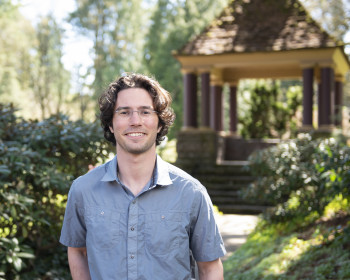Multimedia: Students explore Iraq War’s impact on youth in new play
Open gallery
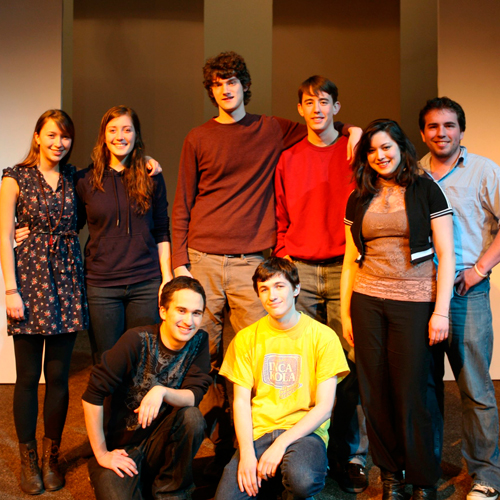
The spring main stage production, opening March 4, challenges audiences to consider how war affects those who fight and those who stay behind.
The provocative drama Plumfield, Iraq features a small cast of Lewis & Clark students, many of who were just 12 or 13 years old when the Iraq War began in March 2003. The play, by Barbara Lebow, centers on a close-knit group of high school seniors in a small town named Plumfield, Washington. Believing that George W. Bush’s infamous “Mission Accomplished” speech in May 2003 means the end of combat is near, some members of the group join the military, anticipating light duty and a ticket to a college education and a better future. The play examines the consequences of this decision, both for the soldiers and for their friends and family back home.
Making war personal
For students involved in the production, the stories of these young soldiers provided a window into the Iraq War that media reports and casualty tallies never could.
“Many criticisms of the war have focused on the number of people who have died, trying to show the magnitude of the horror of the war,” said Jonah Geil-Neufeld ’11, who portrays one of Plumfield’s protagonists. “This play forced me to think about the individual stories of these characters, which really made the Iraq War personal for me.”
In the following slideshow, featuring photos by Ryan Mooney ’12, students discuss how the play shaped their understanding of the war and its impact on communities across America, and how it fostered appreciation for the sacrifices made by soldiers.
-
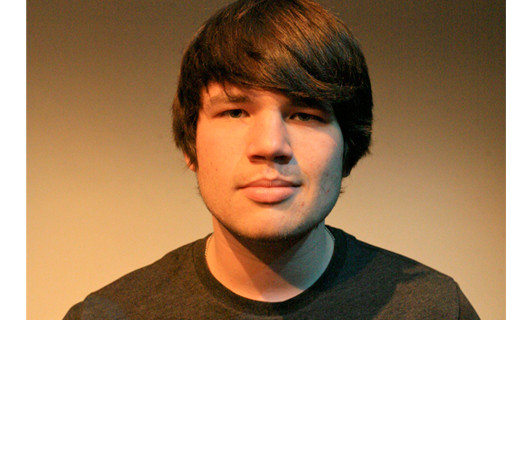 Ryan Mooney ’12 | English and theatre double major | hometown: Chanhassen, MN | role: dramaturg
Ryan Mooney ’12 | English and theatre double major | hometown: Chanhassen, MN | role: dramaturg
Throughout this process, I’ve learned a lot about the beginning of the Iraq war and the problems of PTSD and suicide among soldiers. What I’ve walked away with is a sense of the insurmountable intricacies of the war. There is so much happening, still. The wealth of perspectives—from the Kurdish, Iraqi Nationals, foreign allies, U.S. soldiers, and others—present multiple versions of the same events. -
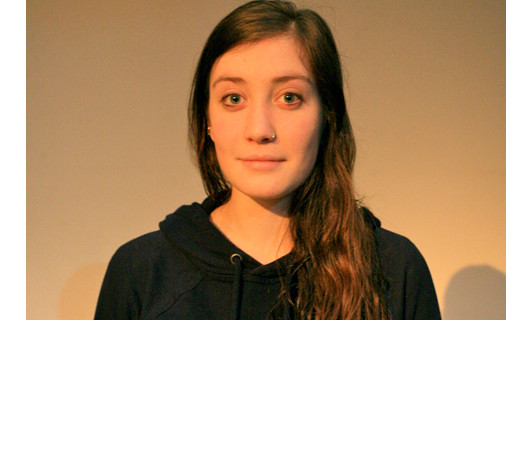 Theora Moench ’11 | Hispanic studies major | hometown: Bainbridge Island, WA | role: Lorraine
Theora Moench ’11 | Hispanic studies major | hometown: Bainbridge Island, WA | role: Lorraine
Unlike earlier generations, ours has grown up pretty buffered and isolated from the realities of the war. I think that, for the most part, I had forgotten we were a country at war. For me, this play brought reality home. It’s horrific what we put families through when we send their children off to fight senseless wars. If our soldiers aren’t killed, they come back broken anyway. The whole affair is tragic. -
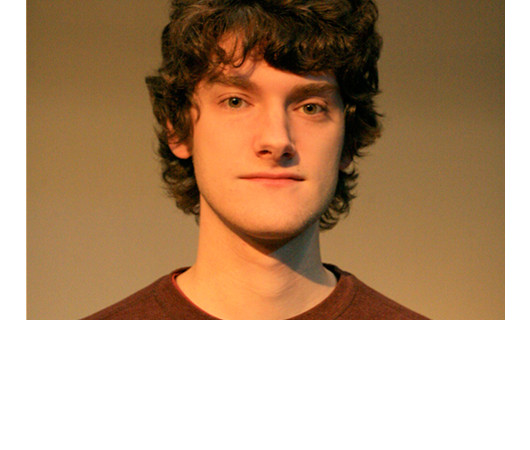 Jonah Geil-Neufeld ’11 | Hispanic studies major | hometown: Chicago, IL | role: Cam Fletcher
Jonah Geil-Neufeld ’11 | Hispanic studies major | hometown: Chicago, IL | role: Cam Fletcher
Apart from critiquing how the government and the media portrayed the war in the United States, the playwright really focuses on the fact that our characters are basically still kids. Many criticisms of the war have focused on the number of people who have died, trying to show the magnitude of the horror of the war. This play forced me to think about the individual stories of these characters, which really made the Iraq War personal for me. -
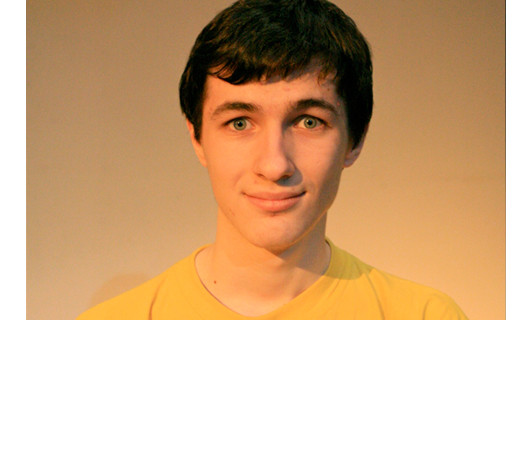 Ryan Morrow ’12 | psychology major | hometown: Wellesley, MA | role: Dennis
Ryan Morrow ’12 | psychology major | hometown: Wellesley, MA | role: Dennis
The most devastatingly effective depictions of war—Au revoir, les enfants, for example—have a wider lens, showing us how war ruins everything. In Plumfield, we see death and killing not as a separate universe from ours, but as a sudden, cruel instant that echoes throughout. To really feel half of the shock of war, you have to know intimately everything it took, and what was left over. -
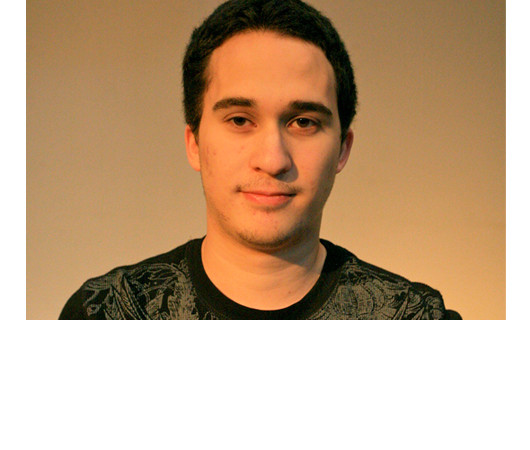 Asher Ely ’13 | theatre major | hometown: Corrales, NM | role: Gus
Asher Ely ’13 | theatre major | hometown: Corrales, NM | role: Gus
In some ways, I feel like it would be easier to have a friend or family member killed, than to have them suffer PTSD. When a person is dead, you bury them, pay your respects and eventually you can move on. With PTSD, the person is basically already dead, just still drawing breath. You want a return to what they were before, but they know it will never be the same. So how does war impact families? It tears them apart. How does it impact friendships? It strains or even ends them. -
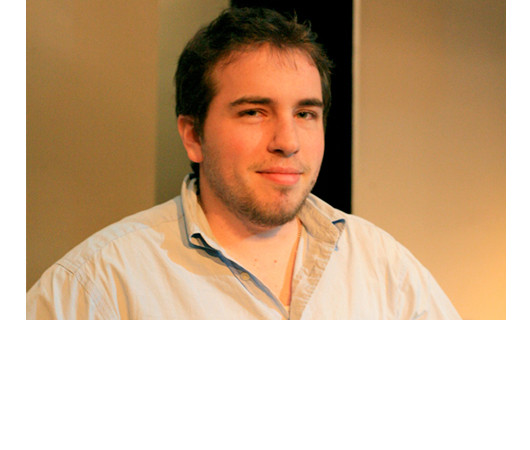 Nathan Cohen ’12 | theatre major | hometown: Evanston, IL | role: Pete/Garcia
Nathan Cohen ’12 | theatre major | hometown: Evanston, IL | role: Pete/Garcia
I was 13 when the war began, and it has had a huge impact on me. I think the war has fundamentally shifted the perceptions we have about the United States as a nation and our role within the global community. While we may never be able to atone for the damage done by this war, we can try our best to do so, and in so doing honor the sacrifices made by those who fight and those they leave behind.
Seeing diverse experiences
Mooney served as dramaturg for the Plumfield production, researching the play’s context to offer the actors greater depth from which to draw. A collection of the images and news clips Mooney gathered will be on display in the Fir Acres Theatre lobby throughout the play’s run. In the following slideshow, Mooney shares a few images he found that provide different perspectives on the war.
-
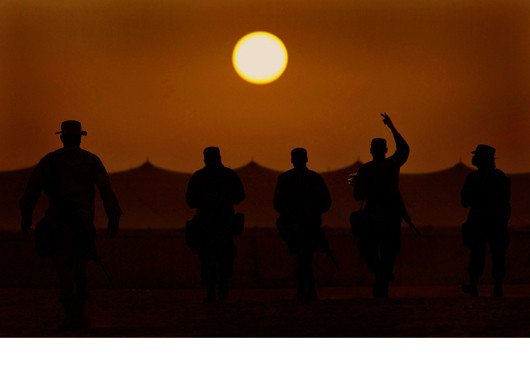 Photo by the Associated Press
Photo by the Associated Press -
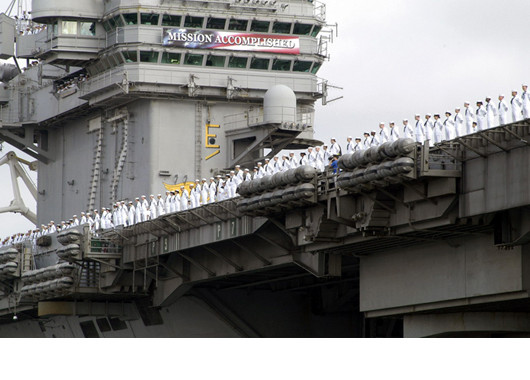 Photo by the U.S. Navy
Photo by the U.S. Navy -
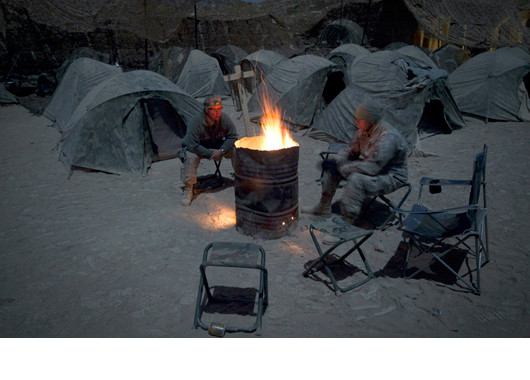 Photo by Behrouz Mehri/AFP/Getty Images
Photo by Behrouz Mehri/AFP/Getty Images -
 Photo by Chris Floyd
Photo by Chris Floyd -
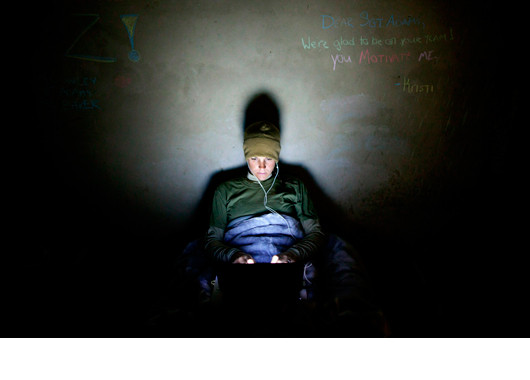 Photo by Paula Bronstein/Getty Images
Photo by Paula Bronstein/Getty Images -
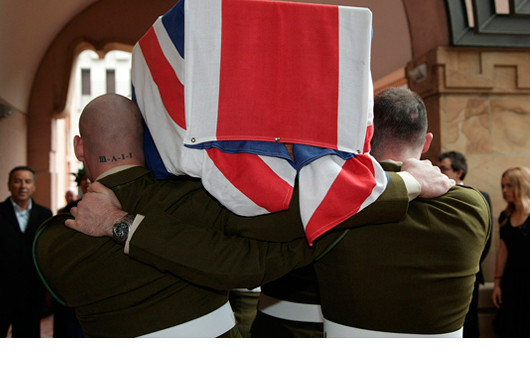 Photo by Marty Melville/Getty Images
Photo by Marty Melville/Getty Images
Performance details
When: March 4-5 and 10-12, 7:30 p.m.
Where: Fir Acres Theatre, Main Stage
Cost: $10 general admission; $7 alumni, faculty, staff, senior citizens, and non-Lewis & Clark students. Tickets are available at the Box Office (open M-F, 1-5 p.m. beginning Monday, March 2, and one hour before performances). Or, call 503-768-7495 during Box Office hours to reserve tickets.
Contact: For more information, contact Joyce Beeny at 503-768-7491
More Newsroom Stories
Public Relations is located in McAfee on the Undergraduate Campus.
MSC: 19
email public@lclark.edu
voice 503-768-7970
Public Relations
Lewis & Clark
615 S. Palatine Hill Road MSC 19
Portland OR 97219
